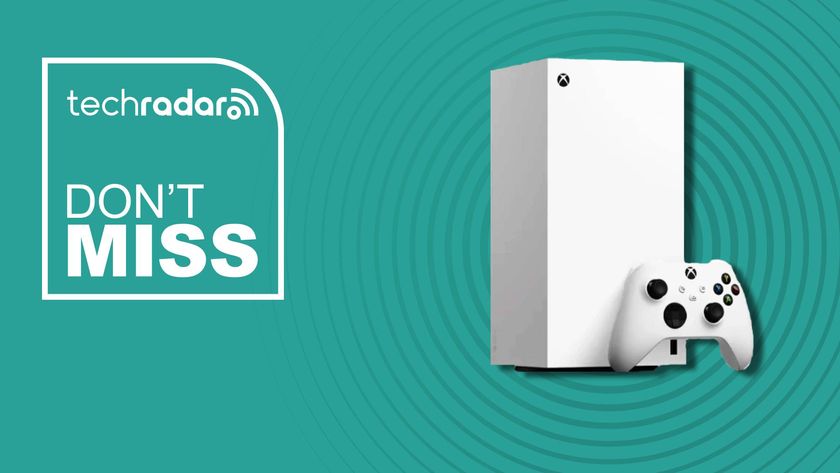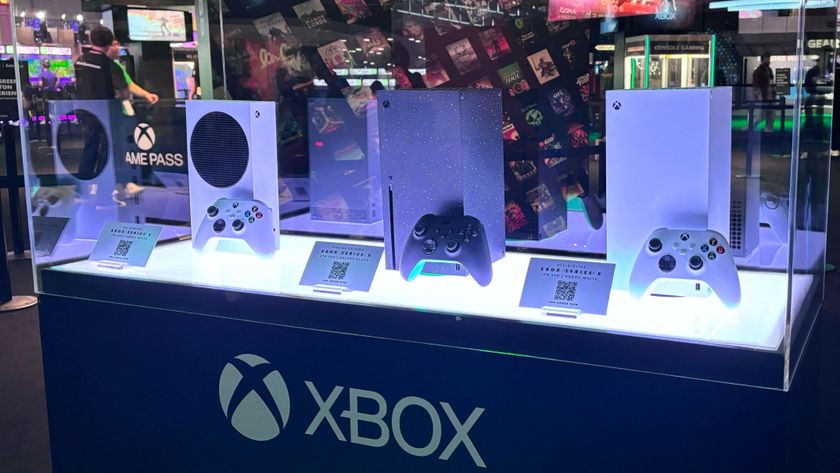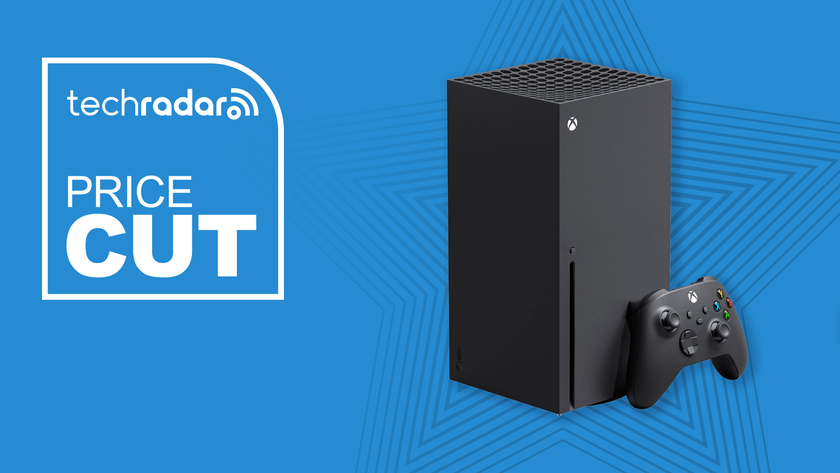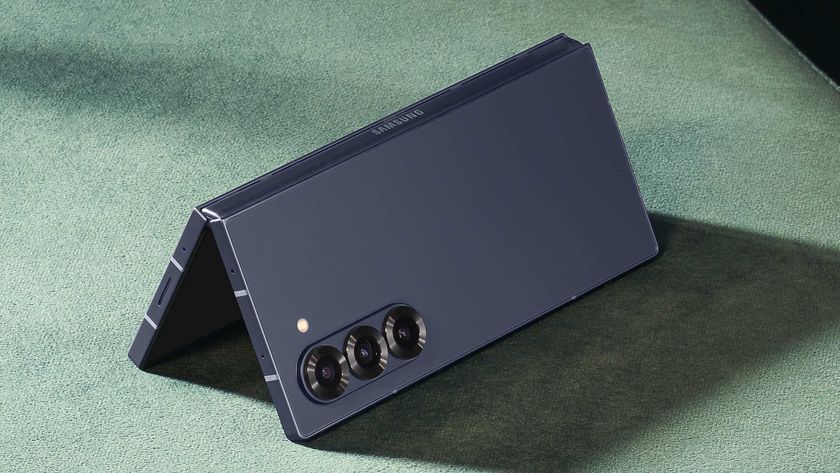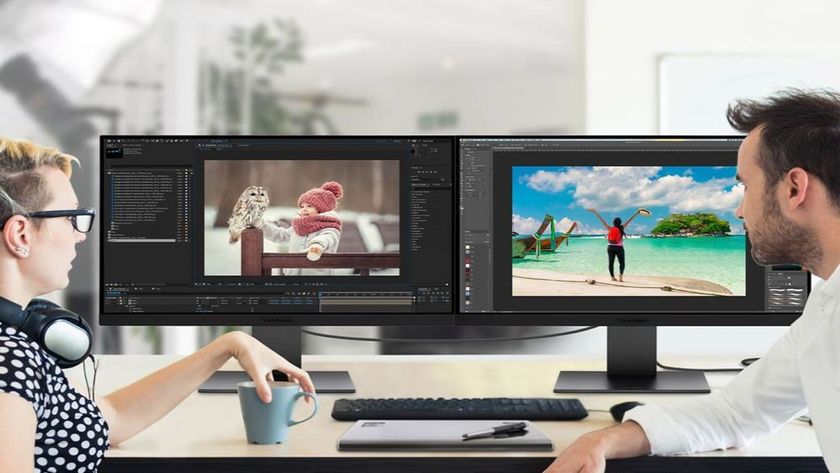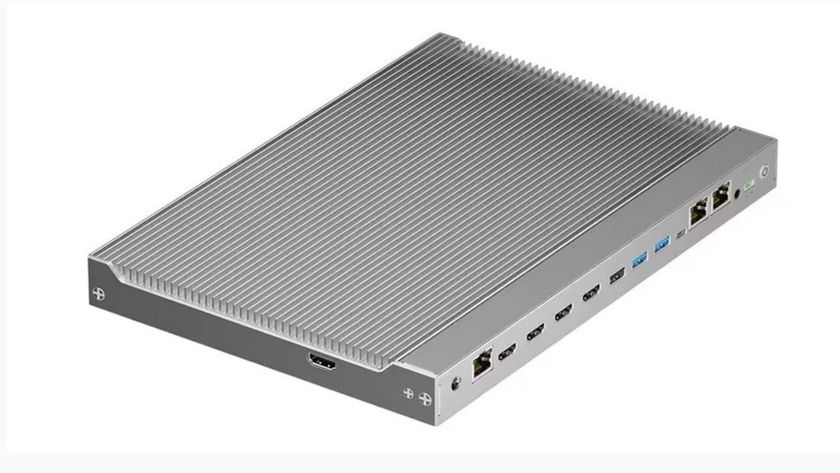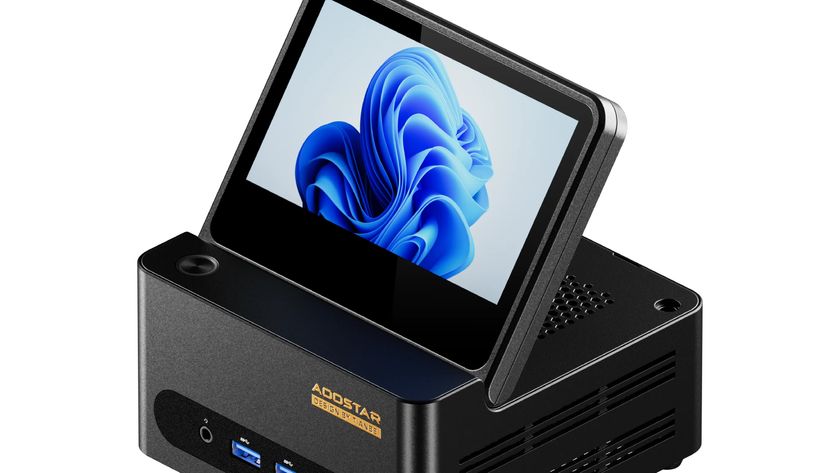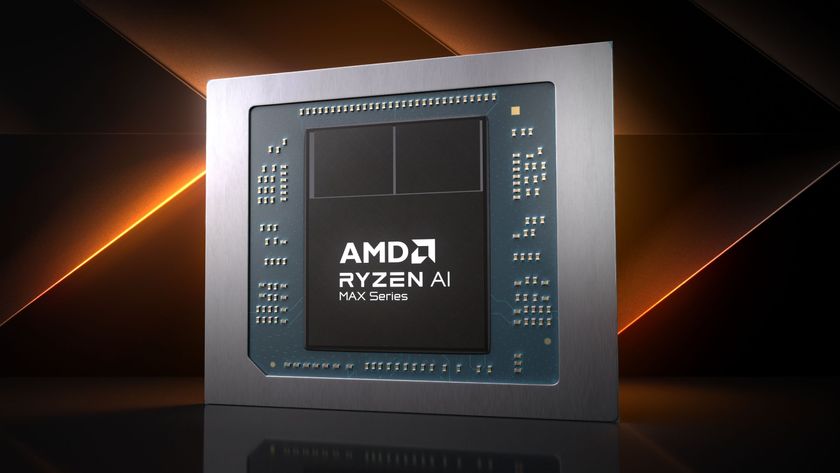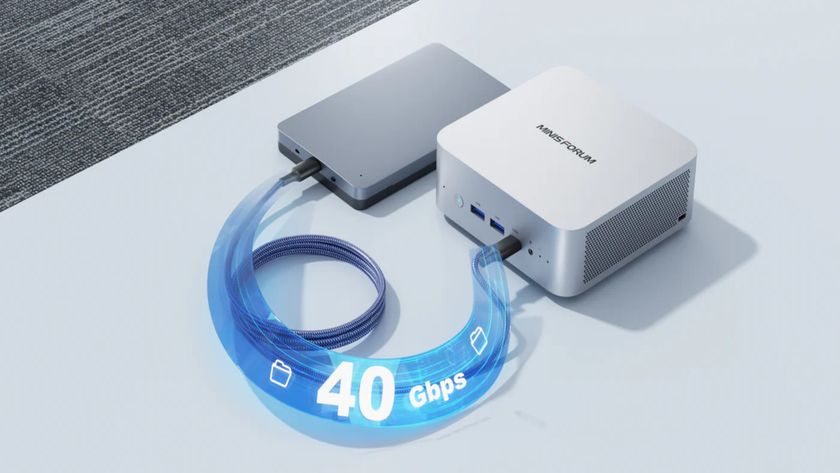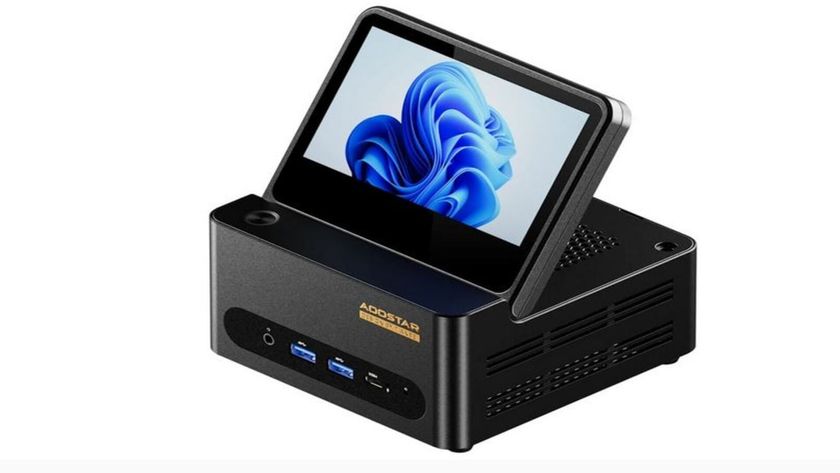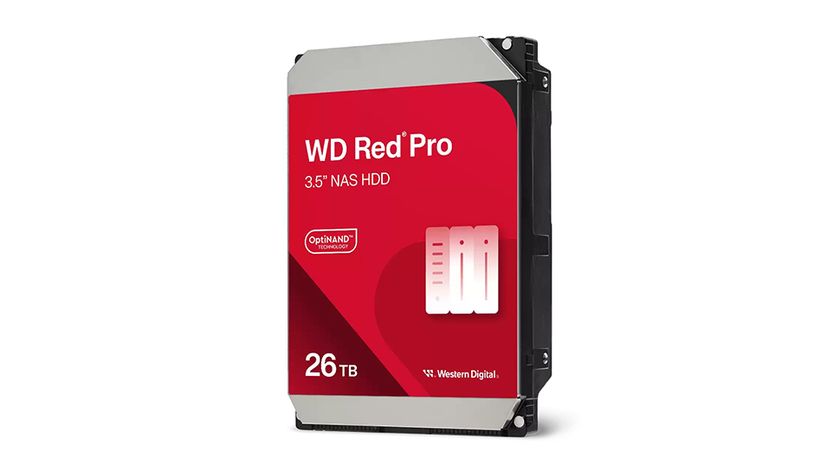Seagate reveals how its Xbox Series X expansion card boosts storage without sacrificing SSD performance
Promises to boost capacity without sacrificing storage
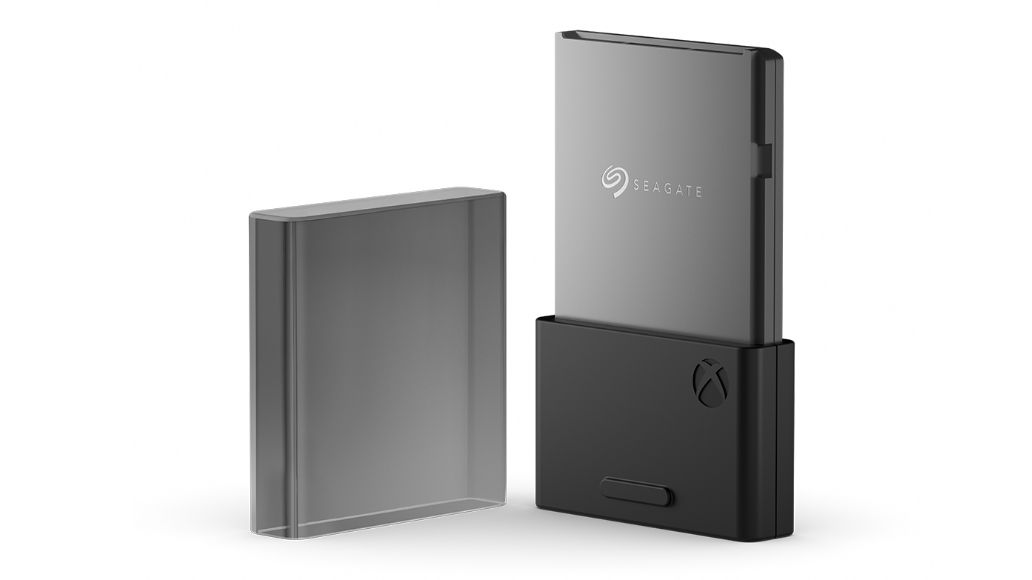
While we’re all waiting for the Xbox Series X Games Showcase, Seagate has made its website for the Xbox Series X expansion card live, giving us a hint at how gamers can expand the storage of the console.
On the website, Seagate shows off what the expansion card will look like. Engraved with the Xbox logo, it looks like a cross between an external hard drive and USB thumb drive, and it’s designed to be plugged directly into the proprietary port on the back of the Xbox Series X console.
- Here's how to watch the Xbox Series X Games Showcase today
- Xbox Series X games list: all the titles coming to Xbox
- PS5 vs Xbox Series X: how do the consoles compare?
While we don’t love proprietary ports, this looks like it’ll be used so that the speeds of the Xbox Series X expansion card match the speeds of the internal SSD inside the Xbox Series X.
According to Seagate, “Syncing with the ultra-powerful Xbox Velocity Architecture’s groundbreaking hardware, CPU, and deep software integration, every game that plays from the Storage Expansion Drive Card for Xbox Series X plays at peak levels.”
So, when playing games from the expansion card, there won’t be any impact to performance, which would happen if you used a slower external USB hard drive.
The website explains how this could be used with the Quick Resume feature of the Xbox Series X – where gamers can switch between games instantly without having to load the games again. It seems that switching between games on the internal SSD and the expansion card will be seamless.
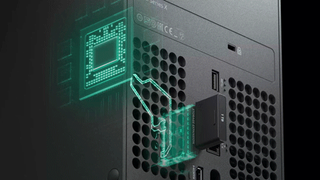
Specs
There’s no price for the Seagate Xbox Series X expansion card just yet, but the website does give us some specs, with the flash memory being custom PCIe Gen4x2 NVMe and a capacity of 1TB.
Get daily insight, inspiration and deals in your inbox
Sign up for breaking news, reviews, opinion, top tech deals, and more.
That’s a bit on the low side considering how big games are these days, and the Xbox Series X only comes with one port for the expansion cards.
You also get a three year warranty, and it’s coming out ‘Holiday 2020’ – no doubt to coincide with the Xbox Series X’s launch.
- These are the best external hard drives of 2020

Matt is TechRadar's Managing Editor for Core Tech, looking after computing and mobile technology. Having written for a number of publications such as PC Plus, PC Format, T3 and Linux Format, there's no aspect of technology that Matt isn't passionate about, especially computing and PC gaming. He’s personally reviewed and used most of the laptops in our best laptops guide - and since joining TechRadar in 2014, he's reviewed over 250 laptops and computing accessories personally.
